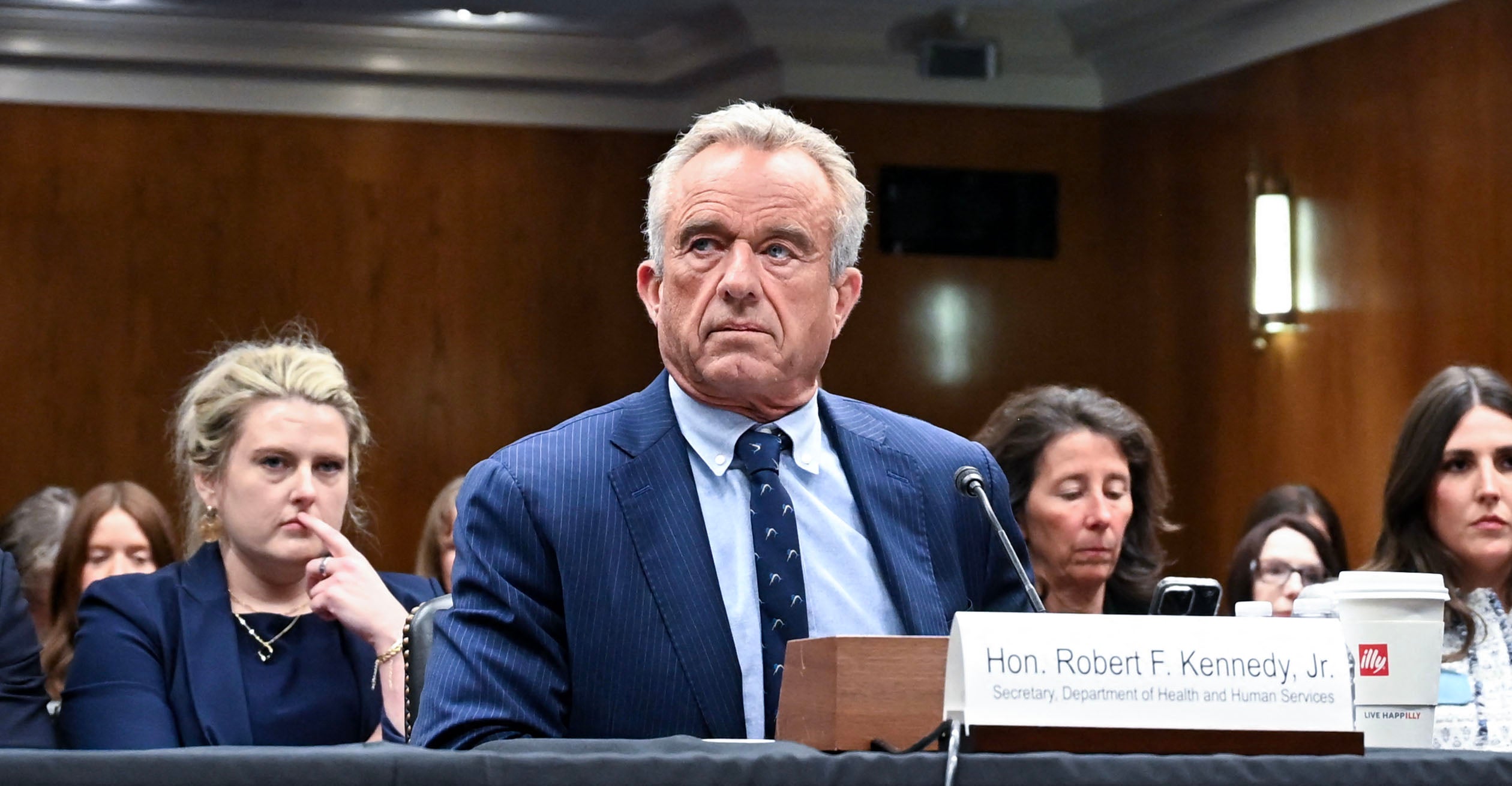RFK's HHS Budget Testimony Sparks Debate: Key Points & What They Mean for Singaporeans

Recent testimony by Health and Human Services (HHS) Secretary Kennedy before the Senate has ignited a heated debate, particularly concerning proposed changes to Medicaid. While the specifics may seem distant, the implications of these discussions could ripple across healthcare systems globally, including Singapore. This article breaks down the key takeaways from Secretary Kennedy’s testimony, examines the arguments presented by Senate Democrats, and explores potential ramifications for healthcare access and affordability.
The Clash: Kennedy vs. Senate Democrats
The core of the disagreement revolves around the Trump administration's proposed budget cuts to Medicaid, a vital program providing healthcare coverage to millions of low-income Americans. Senate Democrats strongly criticized Secretary Kennedy, accusing the administration of jeopardizing access to essential healthcare services for vulnerable populations. The hearing was marked by tense exchanges and pointed questions, highlighting the deep partisan divide on healthcare policy.
4 Key Takeaways from the Testimony
- Focus on State Flexibility: Secretary Kennedy emphasized the administration's desire to grant states greater flexibility in managing their Medicaid programs. The argument is that allowing states to tailor programs to their specific needs can lead to greater efficiency and better outcomes. However, critics worry that this flexibility could be exploited to weaken coverage and reduce benefits.
- Work Requirements Debate: A significant portion of the discussion centered on proposed work requirements for Medicaid recipients. The administration argues that these requirements encourage self-sufficiency and reduce dependency on government assistance. Democrats countered that such requirements create unnecessary barriers to healthcare access for those struggling to find employment, particularly those with disabilities or facing other challenges.
- Premium Increases & Cost-Sharing: The proposed budget includes measures to increase premiums and cost-sharing for Medicaid recipients. The administration claims this will incentivize responsible healthcare utilization and reduce overall costs. Opponents argue that these measures disproportionately impact low-income individuals and families, potentially deterring them from seeking necessary care.
- Impact on Hospitals & Providers: Cuts to Medicaid funding could significantly impact hospitals and healthcare providers, particularly those serving a large proportion of Medicaid patients. Reduced reimbursement rates could lead to financial strain and potentially limit access to care, especially in rural or underserved areas.
What Does This Mean for Singapore?
While these debates unfold in the United States, the underlying principles and potential consequences resonate globally. Singapore, with its own unique healthcare system and ongoing efforts to manage costs and ensure universal access, can learn valuable lessons from this situation. The discussion around state flexibility, work requirements, and cost-sharing highlights the complex trade-offs involved in healthcare policy.
For instance, Singapore’s Medishield Life, a national health insurance scheme, continually evolves to balance affordability and comprehensive coverage. The debate in the US underscores the importance of ongoing evaluation and adaptation to ensure healthcare remains accessible and sustainable. The focus on preventative care and efficient resource allocation, central to Singapore’s healthcare strategy, gains even greater relevance in the context of these global discussions.
Looking Ahead
The future of Medicaid remains uncertain, and the outcome of these legislative battles will have far-reaching implications. Regardless of the final result, the debate surrounding Secretary Kennedy’s testimony serves as a crucial reminder of the ongoing challenges and complexities of healthcare financing and access – challenges that are shared by nations worldwide, including Singapore. Staying informed about these developments is essential for understanding the evolving landscape of global healthcare.






